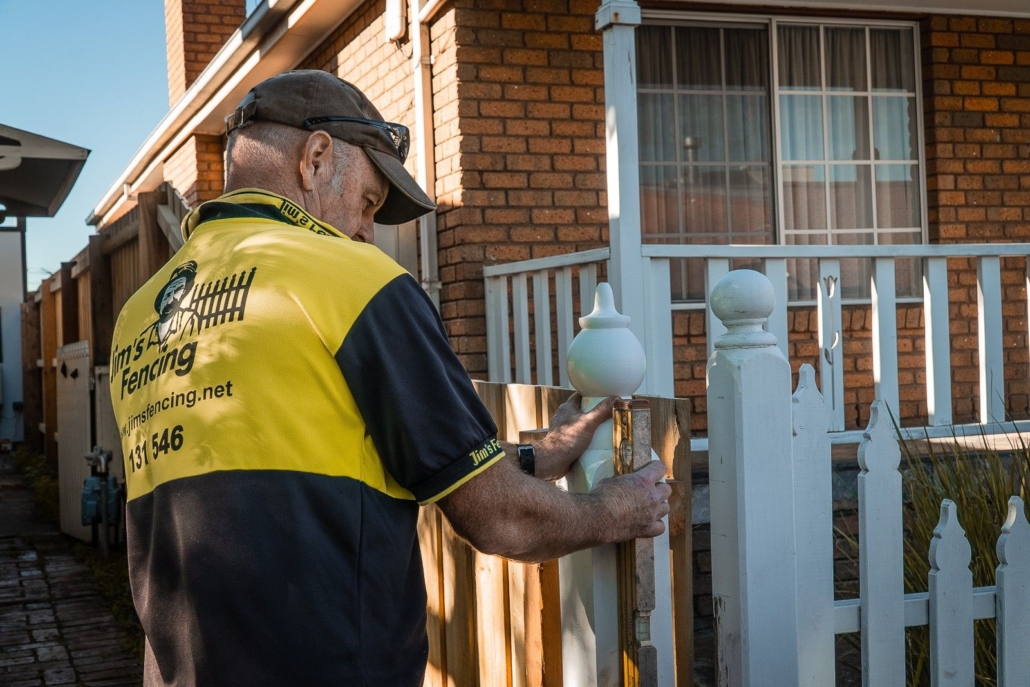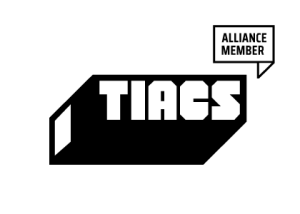What qualifications and equipment do I need to start a fencing business?
There’s been a surge in demand for fencing services over the past several years. The recent increase of building and construction projects Australia-wide has helped to boost fencing businesses all across the country. In fact, the global fencing industry is projected to grow significantly over the upcoming years, so if you’ve ever considered starting a fencing business of your own, now would be the perfect time to test the waters.
With over 160 individual franchises across Australia, Jim’s Fencing has established for itself a reputation as one of the most reliable fencing providers in the country. Owning a Jim’s Fencing franchise allows franchise owners to set their own hours, work in unique and interesting environments, and increase their earning potential. What’s even better is that it’s a reasonably simple business to set up, as far as qualifications and equipment goes.
What qualifications do I need to start a fencing business?
One of the most daunting parts of assessing the viability of any business is figuring out all the licensing requirements, registrations, and qualifications you need to obtain. Like most trade sectors, the exact licensing requirements for fencing businesses varies slightly from state to state. For example, Victorian regulations stipulate that fencers don’t need to hold a licence unless they are undertaking a specific building project as defined by the Victorian Building Authority. On the other hand, New South Wales regulations specify that fencers must carry a licence for all jobs that exceed $1,000 in value. Since the rules vary depending on where you live, it’s always best to confirm licensing requirements with your state’s relevant authority.

In any case, we’ve put together this handy guideline to outline the basic licensing requirements for fencers state-by-state:
Fencing licence VIC
Victorian fencers do not need to obtain any specific licence unless they are undertaking additional building projects as defined by the Victorian Building Authority. However, building contractors may need to carry a Construction Induction Card (CIC), so always check with the VBA if you are planning on doing any additional construction work other than building a fence.
In Victoria, fences are a joint responsibility between neighbouring properties, so always make sure you provide your neighbour with written notice of your intent to build a new fence. Our article, ‘Who’s actually responsible for paying for a new fence between neighbours?’, outlines your obligations to your neighbours and also provides a blueprint for how to approach these sticky situations with ease.
Fencing licence NSW
NSW has some stricter licensing regulations for fencers, at least in comparison to other states and territories. Fencers in NSW are required to carry a licence for all jobs that exceed $1,000 in value. To be eligible for a licence, you must have the following qualifications:
- Certificate 1 in Construction (CPC10111)
- Certificate 1 in Construction (CPC10108)
More information on fencing requirements and licensing procedures can be found via the NSW Fair Trading webpage.
Fencing licence QLD
Fencers in Queensland must obtain a licence for all fencing work, with the exception of fencing work that is valued at less than $3,300 and fencing work that is taking place on non-agricultural or non-pastoral land. This means that fencers who work primarily on residential properties may not necessarily need to obtain a formal licence.
Fencing licences in Queensland are regulated by the Queensland Building and Construction Commission, so you can head to their website for more information regarding licences and licence classes.
Fencing licence SA
In South Australia, fencers are not obligated to obtain a formal licence. But they are required to carry a Construction Induction Card (CIC). Please refer to the White card | SafeWork SA website for information on Construction Induction Card / white cards issued in South Australia. Other than that, you don’t need to obtain any other specific qualifications or licences to work as a fencer in South Australia.
However, it is necessary for fencing contractors or subcontractors, who manage or carry out the fencing work, to hold a valid licence. The following is a link to the building work contractors’ conditions, including fencing:
STANDARD CONDITIONS LIST (cbs.sa.gov.au)
To apply for a licence, please follow
SA.GOV.AU – Building work contractor’s licence (www.sa.gov.au)
Fencing licence NT, TAS & ACT
There are no specific licensing requirements for fencers working in the Northern Territory, Tasmania, or the ACT.
Fencing licence WA
Western Australia requires all builders and contractors to register for a licence if they are completing work that’s valued at more than $20,000. Trade licensing and registrations are regulated by WA’s Department of Mines, Industry Regulation and Safety, so you can find more information about exact licensing requirements via the department’s website.
If you’re completely new to the industry, there’s no need to feel discouraged. Our team at Jim’s Fencing will continue providing you with comprehensive on-the-job training until you feel 100% confident in your own skills and abilities. And if you happen to live in a state where minimum licensing requirements are enforced, our team can help you meet all your licensing obligations so that you’re fully compliant from day one.

What kind of equipment and tools are needed for fencing?
The importance of having access to high quality fencing tools can’t be understated. Being well-prepared with the proper equipment and tools will ensure that you’re able to get your jobs done more efficiently and to a higher standard.
So, what are some of the essential tools you need for a fencing business? The answer to this varies depending on the type of fencing work you do. A fencer who works primarily on smaller residential jobs will have different tools in their toolkit than a fencer who works on large industrial jobs. In any case, here are some of the basic tools and equipment that a fencer will typically reach for during their day-to-day:
- Safety goggles
- Work gloves
- Dust masks
- Tape measure
- Claw hammer
- Pliers
- Crimping tool
- Post driver/post pounder
- Spirit level
- Wire cutters
- Saw
- Wheelbarrow and shovel
One significant advantage of joining Jim’s Fencing is that our franchisors can provide you with high-quality guidance with regards to your equipment needs. As specialists in the fencing trade, our franchisors can share with you their best tips and tricks and recommendations for equipment and tools. On top of that, as a Jim’s Fencing business owner, you’ll also receive access to amazing industry discounts from leading national suppliers! We aim to make setting up your business as easy as possible, so help is available every step of the way.

If you’re looking for an opportunity to turn your hobby into a career this year, a Jim’s Fencing Franchise may be the perfect fit for you. With plenty of work to be found, we’re always keen to sign on new committed franchise owners. Give us a call on 131 546 or enquire online today to discuss next steps.
Related Jim’s Group News
– 5 Tips For Successfully Launching a Business in 2022
– How to Start a Business, Leaving a High Paying Job?
– How to Survive as a First Time Business Owner?
– What are the Best Ways to Market My New Franchise?





